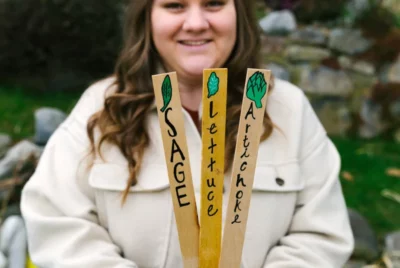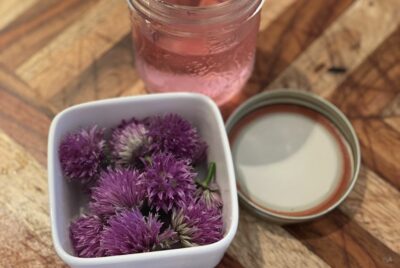RESEARCH
The Effects of Therapeutic Horticulture on Student Well-Being and Academic Resilience
Summary
This study examined how gardening-based therapy could improve college students’ mental health and academic outcomes. Conducted at the University of Florida, it involved 51 students who attended at least eight weeks of therapeutic horticulture sessions. These sessions combined hands-on plant activities with wellness lessons focused on mindfulness, stress management, and self-compassion. Students worked in a greenhouse and garden setting, learning plant care while also building community and learning mental health strategies. Researchers measured stress, anxiety, general resilience, and academic resilience before and after the program.
After completing the program, students reported lower stress and anxiety levels and higher general and academic resilience, including better perseverance, help-seeking behavior, and emotional management. These findings suggest that participating in structured horticulture activities can meaningfully improve mental health and help students better handle academic challenges. The study concludes that therapeutic horticulture can be a valuable, accessible tool to support student well-being, complementing traditional counseling services on college campuses.







